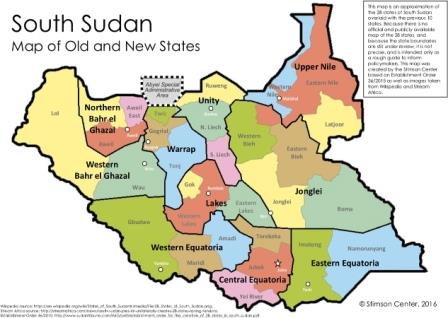Floods affect 472,000 people in South Sudan, says OCHA
August 29, 2024 (JUBA) – Floods had affected 472,000 people across 26 of South Sudan’s 78 counties as of 29 August, the UN humanitarian agency (OCHA) said.
The most affected states of Northern Bahr el Ghazal, Warrap, Western Bahr el Ghazal, Jonglei, Unity, Upper Nile, and Central Equatoria are grappling with compounded challenges such as previous floods, ongoing conflict, displacement, food insecurity and the broader regional impact of Sudan’s crisis.
There are already fears that 3.3 million people could be affected during the peak of the rainy season projected to occur between September and October. This, it said, includes communities recovering from the devastating floods of 2019-2022.
The anticipated flooding will likely exacerbate existing vulnerabilities, especially in remote communities with significant access constraints to humanitarian aid.
The floods, according to OCHA, have devastated homes, destroyed crops, disrupted education and health services, and restricted access to essential facilities, escalating the risk of disease outbreaks.
Due to the impact of floods, displaced individuals are seeking refuge with relatives in public facilities like schools and churches or sheltering in along roadsides.
Reports further indicate rising malaria cases, respiratory tract infections, acute watery diarrhea, and snakebites since the onset of the rainy season in June.
In addition, however, flood-affected populations have reportedly been unable to tend to their lands and livestock, further aggravating their vulnerabilities.
Meanwhile, South Sudan’s Water Resources and Irrigation ministry urgently appealed to communities in low-lying areas along the Nile to relocate, as water levels at the Mangala Telemetric Station in Juba County reached a five-year high of 14.85 meters. Maximum water levels, OCHA said, have also been reported at stations in Juba, Bor and eight other locations, further worsening the humanitarian crisis.
(ST)

